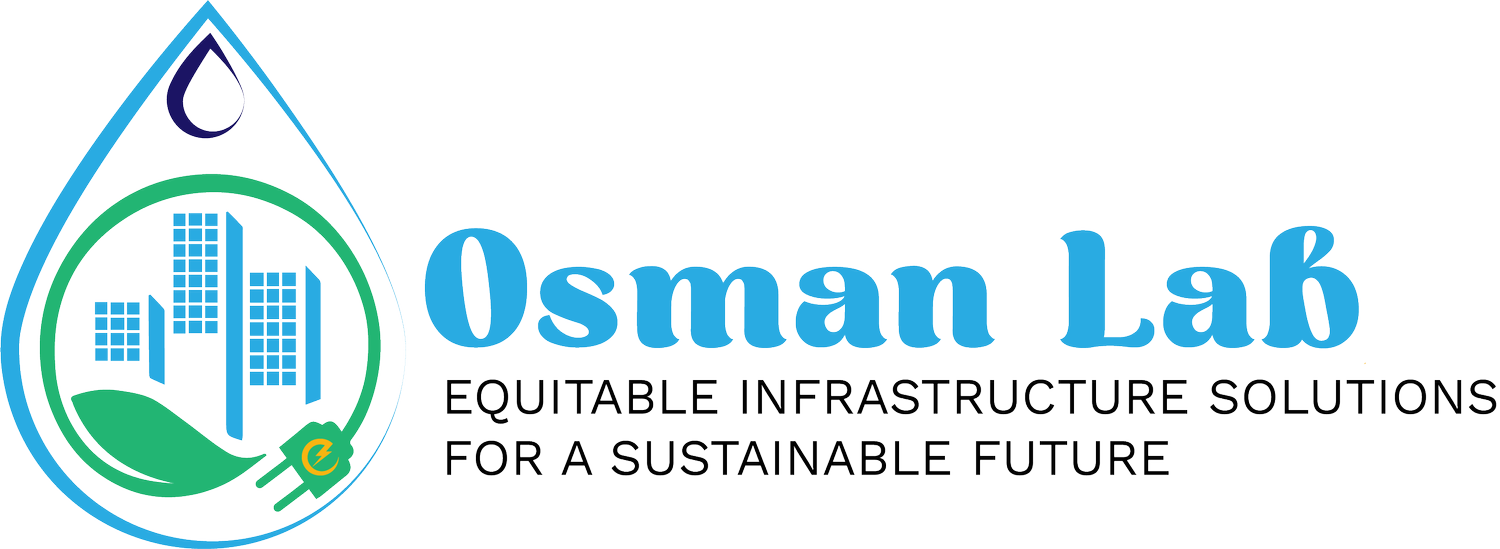Lead with Equity and Justice
Historic decisions with regards to water sector services were designed to limit access to certain groups of people. The impact of these decisions still loom today, and if not addressed will continue to breed more inequities that are not helping water providers achieve their bottom lines. In 2022, the planning, management, and operations of utilities still do not consider inequities between spatially distributed community members (e.g., quantity and quality of levels of service, infrastructure investments). Further, utilities describe seeking equal distribution as opposed to equitable distribution as the status quo. However, I argue that equity is needed before equality because of historic disinvestments of the physical systems in low-income and communities of color.
Infrastructure adaptation is needed to address climate justice, particularly in low-income and communities of color in the US. In 2022, the communities most affected by climate and environmental injustice are still void of the participatory processes in decisions affecting their communities. Thus, the human-infrastructure interactions are one-directional, removing key stakeholders from the decisions. I intend to explore avenues of applicability for equity in water sector infrastructure services, as well as other critical infrastructure sectors. As cities continue to grow, the infrastructure disparities between low-income and communities of color also have grown, a paradigm shift is required and I intend to lead that charge. Of course this work cannot be done alone, I am excited at the prospect of having graduate students who are equally passionate to help direct this research.

